Pursuant to Circular No. 13/2023/TT-BGDDT dated June 26, 2023 of the Minister regulating the supervision and assessment of quality assessment organizations of universities and pedagogical colleges, the Ministry of Education and Training has conducted supervision of education quality assessment organizations and has organized the assessment of 5/7 centers and educational quality assessment in the country.
The evaluated centers include: Center for Education Quality Assessment - Hanoi National University; Center for Education Quality Assessment - Ho Chi Minh City National University; Center for Education Quality Assessment - Da Nang University; Center for Education Quality Assessment - Vinh University; Center for Education Quality Assessment - Association of Vietnamese Universities and Colleges.
The results show that the activities of educational quality assessment organizations have contributed to improving the quality of education and enhancing the autonomy and accountability of higher education institutions.
In 2025, the Ministry of Education and Training recognized the operations of 4 foreign accreditation organizations in Vietnam. The total number of foreign accreditation organizations in Vietnam is currently 11 organizations (an increase of 4 organizations compared to the 2023-2024 school year).
The Ministry of Education and Training stated: Accreditation becomes a "comprehensive diagnostic" tool to help educational institutions assess the current situation, orient improvements, and provide data for management agencies to adjust policies.
Schools' awareness has changed, considering accreditation as an essential activity associated with development and integration strategies.
In addition, the Ministry of Education and Training has also completed thematic inspections at 9 higher education institutions; organized inspections according to the general plan on ensuring and assessing the quality of higher education, in order to identify the advantages, difficulties and obstacles of the institutions and improve the effectiveness and efficiency of state management in this field.
The results show that most higher education institutions have established specialized units on quality assurance, which act as focal points for planning and implementing related activities.
Schools have gradually built an internal quality assurance system with full policies, mechanisms, functions and outputs. Many institutions have proactively improved to approach international standards on educational facilities and training programs. Through accreditation activities, schools maintain regular improvement, contributing to improving the quality of higher education.
Besides the achieved results, the work of ensuring and assessing the quality of university education during the school year still reveals some limitations.
The work of monitoring and evaluating accreditation organizations has only been partially implemented and has not been comprehensive, leading to low effectiveness of state management. In many educational institutions, specialized units for quality assurance have been established, but the effectiveness of their operations is uneven, and improvements are still largely formalistic and lack close connection with development strategies.
The number of accredited institutions and programs has increased but the distribution is not balanced, especially participation in international standards is still limited.
Although the team of inspectors has been supplemented and trained, it is still not diversified in terms of fields and sectors; there is still a shortage of inspectors in some fields; limited in expertise and practical experience; and does not meet the requirements of international integration in the inspection field.
These limitations require strong leadership and synchronous solutions to improve staff capacity and the effectiveness of inspection activities in the coming time.
Source: https://giaoducthoidai.vn/to-chuc-danh-gia-57-trung-tam-kiem-dinh-chat-luong-giao-duc-post749555.html













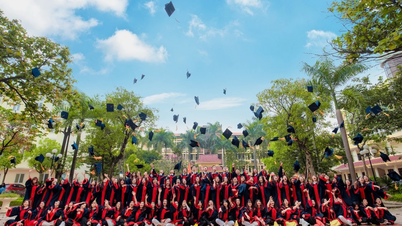

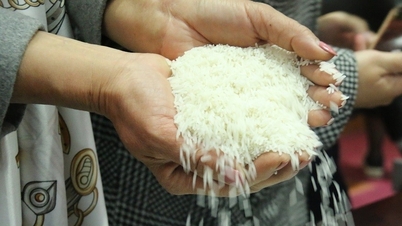



![[Video] Groundbreaking ceremony of inter-level boarding schools in the border areas of Tuyen Quang and Lao Cai](https://vphoto.vietnam.vn/thumb/402x226/vietnam/resource/IMAGE/2025/11/09/1762702287645_lao-cai-ha-giang-6159-jpg.webp)




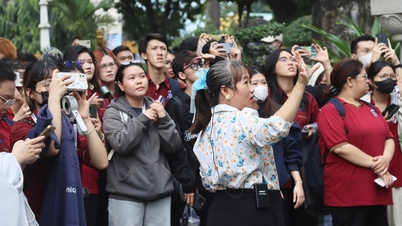








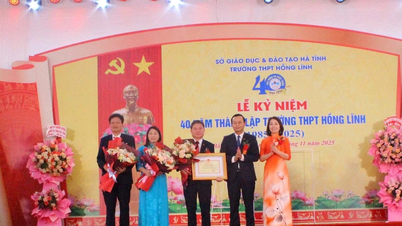
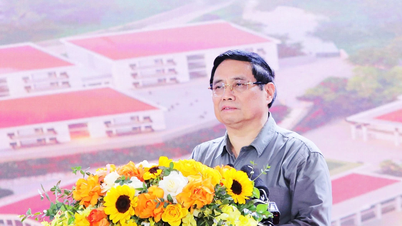
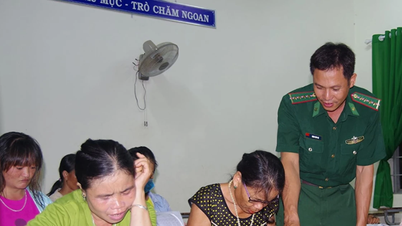












































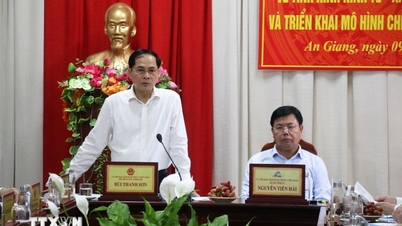





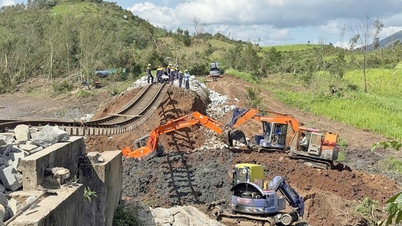

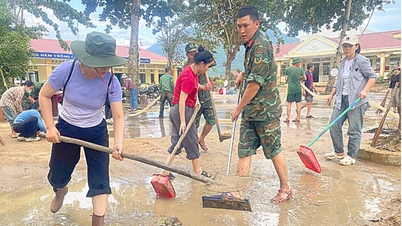

















Comment (0)